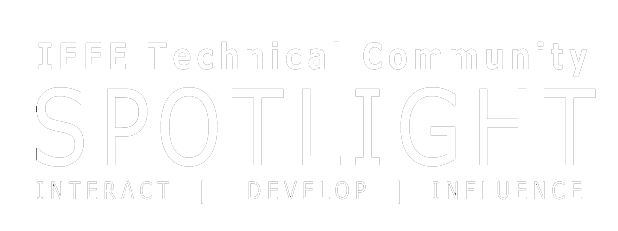Empowering Lifelong Learning: IEEE Educational Activities and S/C Partnerships
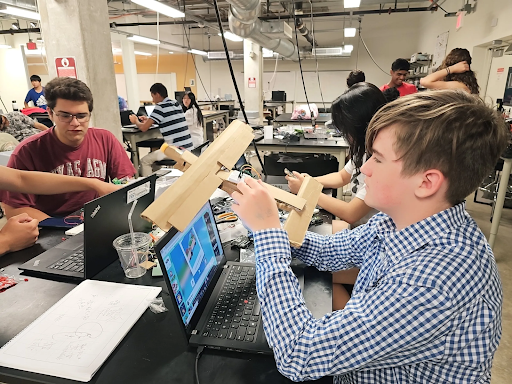
By Rabab Ward, IEEE Educational Activities Vice President, 2024 IEEE Educational Activities fosters lifelong learning in engineering and technology. Through partnerships with IEEE’s Societies, Councils, and Technical Communities, it ensures members stay current and inspires future engineers. Key programs such as the IEEE Learning Network, EPICS in IEEE, and IEEE TryEngineering thrive thanks to these […]
IEEE Foundation: The Heart of IEEE Charitable Giving
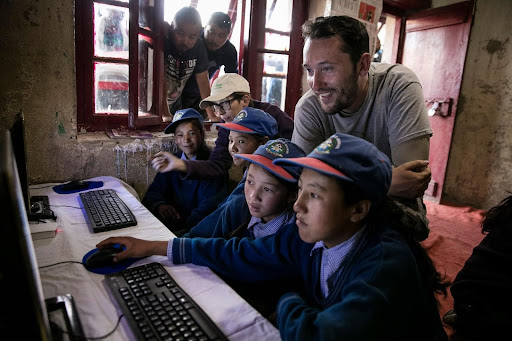
By Karen Galuchie, IEEE Foundation Executive Director For over 50 years, the IEEE Foundation has been the philanthropic partner of IEEE. Many of you may be asking, “What does that really mean?”. To put it simply, the IEEE Foundation is the heart of IEEE charitable giving. Our mission is to expand IEEE’s charitable body of […]
IEEE Humanitarian Technologies Board Unveils Strategic Partnership Initiative
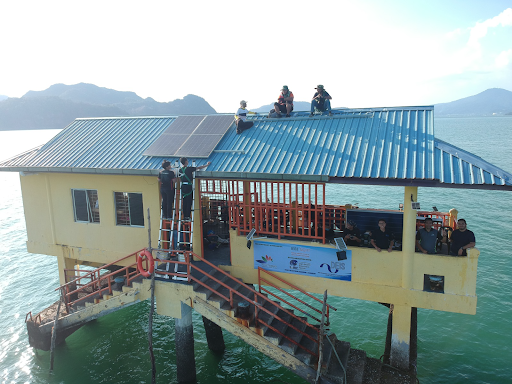
By Mariela Machado Fantacchiotti, Senior Director, Humanitarian Activities In June, during the IEEE Technical Activities Board meeting in Toronto, IEEE Humanitarian Technologies Board (HTB) introduced a strategic partnership approach aimed at amplifying the impact of Humanitarian Technologies within the IEEE community. Their presentation emphasized IEEE Humanitarian Technologies’ (HT) role as a central hub for technology-driven […]
Launching the IEEE Global Competition to Accelerate Scaling of Energy Access Solutions
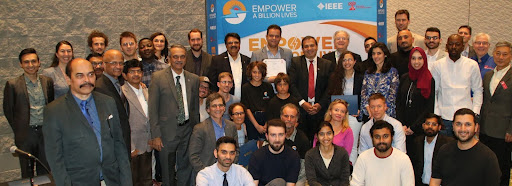
By Issa Batarseh, PhD, EBL Global Steering Committee Vice-Chair, PELS Technical Committee for Energy Access and Off-Grid Solutions, Chair This month, during the IEEE Energy Conversion Congress and Expo (ECCE 2024-Europe) in Darmstadt, Germany, IEEE officially launched the third round of the Empower a Billion Lives (EBL) competition. This global initiative seeks to accelerate scalable […]
Activities Advancing Technologies

By Fred Schindler, IEEE Technical Activities Vice President, 2024 IEEE’s mission is succinctly stated in “Advancing Technology for the Benefit of Humanity.” This is more than a slogan; it is actually what IEEE is chartered to do.
IMS Project Connect – Broadening Participation One Cohort at a Time
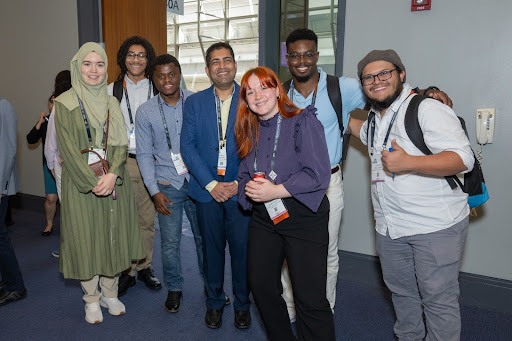
For the last 11 years, the IEEE MTT-S International Microwave Symposium (IMS) has been the host event for the noteworthy outreach enrichment activity, Project Connect (PC). PC is a program that aims to broaden participation in the field of wireless/microwave engineering in partnership with the Education Committee of IEEE MTT-S.
The AI Coalition Meets and Presses Forward
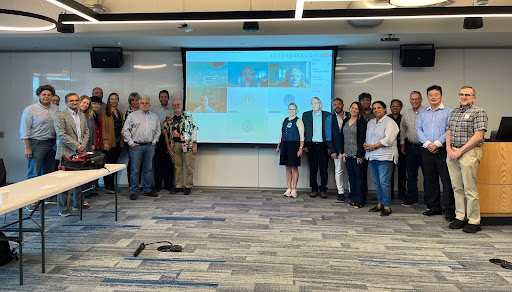
There has been an explosion of interest in Artificial Intelligence (AI) in recent months – following the technical progress in generative AI. AI technologies now make it possible to generate professional-quality art, music, videos, news articles, and books – with only modest guidance from the app user. Furthermore, AI-powered chatbots are adept at answering questions […]
Discover More About Your Free Subscription to IEEE DataPort(™)

Thanks in large part to all IEEE societies, IEEE DataPort currently has over 8.5 million global users and over 6000 datasets. IEEE DataPort is a global research data platform available to individual researchers and institutions enabling them to perform critical data management functions including storing valuable research datasets and accessing research datasets that can be […]
IEEE Data Descriptions Launches as First IEEE Journal Focused on Datasets
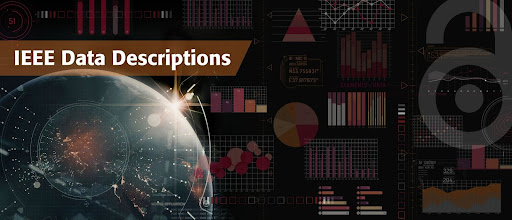
IEEE Data Descriptions, an open access journal sponsored by all IEEE Societies and Technical Councils, publishes peer-reviewed articles detailing datasets…
